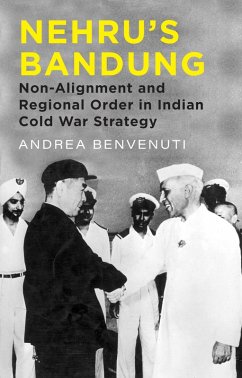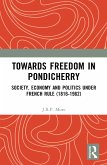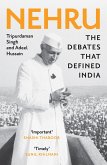This book sheds light on a neglected aspect of India's Cold War diplomacy, starting with the role of Indian Prime Minister Jawaharlal Nehru and his Congress government in organising the first Asian-African Conference in Bandung in April 1955. Andrea Benvenuti shows how, in the early Cold War, Nehru seized the opportunity accorded by the conference to transcend growing international tensions and pursue an alternative vision: a neutralised Asian 'area of peace', underpinned by a code of conduct based on the five principles of peaceful coexistence.
Relying on Indian, Western and Chinese archival sources, Nehru's Bandung focuses on the policy concerns and calculations, as well as the international factors, that drove a sceptical Nehru to support Indonesia's diplomatic push for such a gathering. It reveals how, in Nehru's estimation, Bandung also served a further important purposesecuring China's commitment to peaceful coexistence, without which stability in Asia would be illusory.
Nehru's support for an Asian-African conference did not derive from an emotional commitment to Afro-Asian internationalism. Instead, it stemmed from a desire to promote a 'third way' in an increasingly polarised world, and to forge a stable regional orderone that would enhance India's external security and domestic prosperity.
Relying on Indian, Western and Chinese archival sources, Nehru's Bandung focuses on the policy concerns and calculations, as well as the international factors, that drove a sceptical Nehru to support Indonesia's diplomatic push for such a gathering. It reveals how, in Nehru's estimation, Bandung also served a further important purposesecuring China's commitment to peaceful coexistence, without which stability in Asia would be illusory.
Nehru's support for an Asian-African conference did not derive from an emotional commitment to Afro-Asian internationalism. Instead, it stemmed from a desire to promote a 'third way' in an increasingly polarised world, and to forge a stable regional orderone that would enhance India's external security and domestic prosperity.
Dieser Download kann aus rechtlichen Gründen nur mit Rechnungsadresse in A, D ausgeliefert werden.









